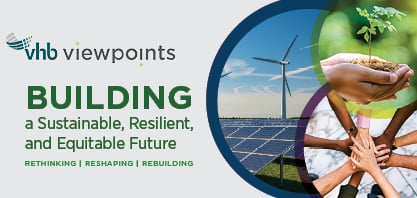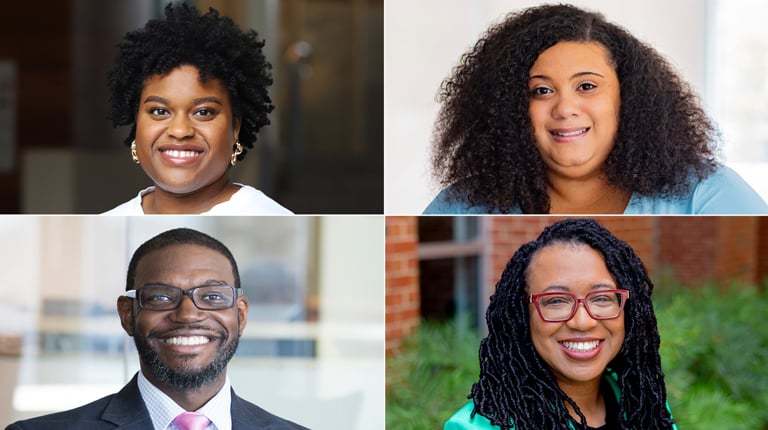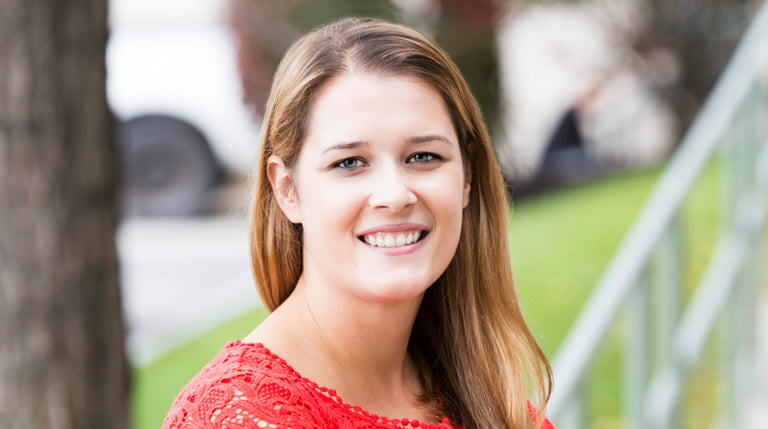
The City of Richmond’s Office of Sustainability developed the RVAgreen 2050 initiative as a roadmap of action to reduce greenhouse gas emissions and prepare for climate impacts within the city. As part of the initiative, RVAgreen 2050 published the draft Climate Equity Action Plan 2030 this Spring with opportunity for community members to provide feedback. The goals for the action plan include reducing greenhouse gas emissions by 45 percent by 2030, achieving net-zero greenhouse gas emissions by 2050, and identifying resilient strategies to address climate impacts of flooding, heat, and major storm events. The plan was created with the assistance of city residents and stakeholders, community advocates, working groups, and technical experts. VHB’s Diane Linderman volunteered as part of the Transportation and Mobility working group, in addition to the company serving as a resource for the creation of the action plan document.
The Climate Equity Action Plan 2030 is a 190-page document that identifies goals, strategies, and specific steps for action in five broad topic areas, each managed by a team of topical experts, or working groups: buildings and energy, community, environment, transportation and mobility, and waste reduction and recovery. The working groups for each category developed objectives, strategies, and key indicators to help measure progress towards the overarching goals. RVAgreen 2050 also developed a Shared Accountability Framework process that commits to regular evaluation, transparency, and a culture of improvement—a critical concern voiced by stakeholders throughout the planning process.
“I knew I wanted to be a part of the RVAgreen 2050 initiative as soon as it was announced,” said Diane Linderman, VHB’s Richmond office Managing Director. “As a volunteer for the Transportation and Mobility working group, I understand how the city can significantly contribute to reducing greenhouse gas emissions by not only offering alternative modes of transportation, but making certain that they are safe, inclusive, and accessible to more citizens.”
The RVAgreen 2050 plan is equity-centered—recognizing that low-income populations and communities of color are more likely to face disproportionate impacts at the frontlines of climate change. The plan identifies these communities and prioritizes them for action, which includes strategic public involvement sessions to encourage diverse input. The city worked with the Racial Equity and Environmental Justice Roundtable and working groups to draft an Equity Screening Tool to help conduct a basic equity assessment for the entire RVAgreen 2050 initiative. The tool will assist in making policy, planning, programming, and budgeting-related decisions.
For more information about how VHB is helping communities remain future-focused by successfully addressing sustainability, equity, and resiliency, read our digital thought leadership piece.



